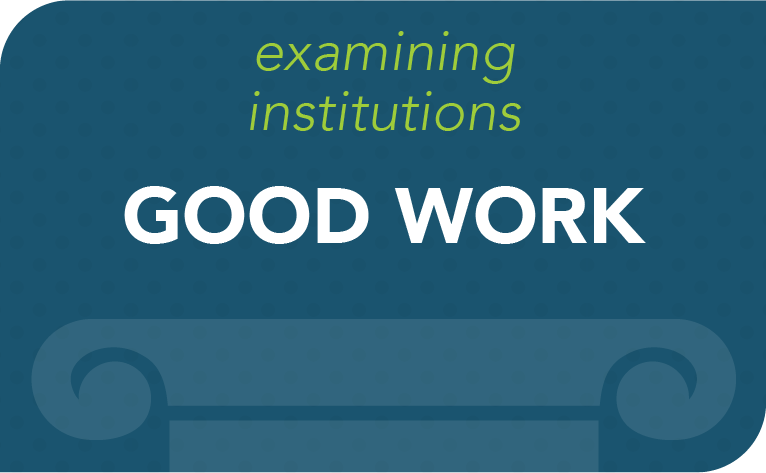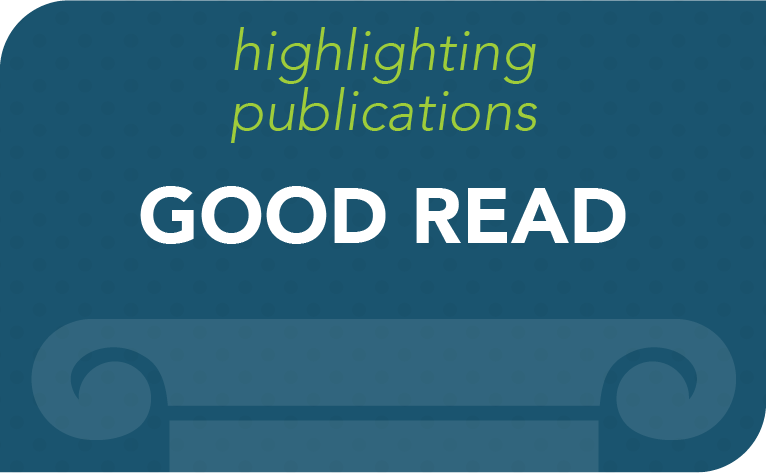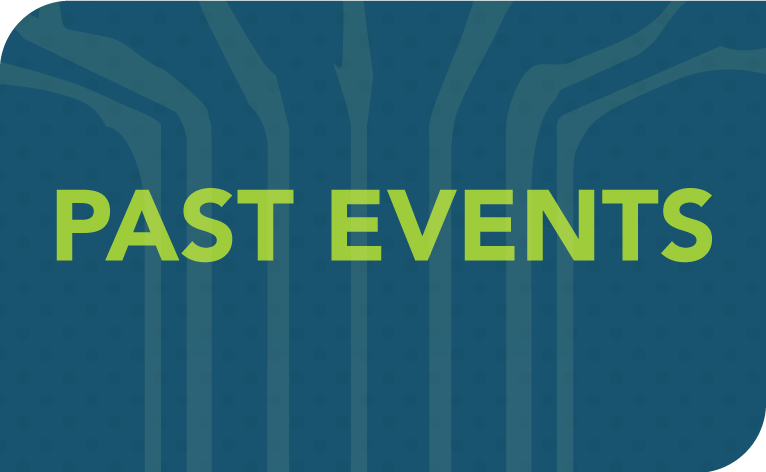
Character, Story, and a Place at the Table
February 2021
by Daniel McGinty
Director, Dundon-Berchtold Institute for Moral Formation and Applied Ethics
University of Portland
“A priest, a lawyer, and a nursing major walk into a classroom…” While this seems to follow the formula and script for crafting jokes, it also accurately describes the composition of our The Character Project class at the University of Portland. However, I might just as easily have swapped out nursing major and included Division-1 student-athlete, ROTC cadet, future educator, engineer, or business leader.
For the previous eight spring semesters, I have team-taught a class with University President, Fr. Mark L. Poorman, C.S.C. I make sure to share with students that I am a “father” of a different sort. Other than being a husband and dad to two young daughters, teaching The Character Project class is one of the most fulfilling personal experiences I have had. Over the years, our teaching teams have also included six other collaborators (three of whom were the aforementioned colleagues with law degrees from my joke’s opening line).
Fr. Poorman earned a Ph.D. in Christian ethics, and my doctorate is in education. While we have taught this as an upper-division theology course, it has quickly become one of the most popular classes at the University. As a course, The Character Project allows us to wrap our arms around the three core themes of our University Mission: Teaching and Learning, Faith and Formation, Service and Leadership.
At its heart, The Character Project is about story—the many stories that each of us has and the unique story that each of us is. As students engage in different levels of moral discourse and reflect upon personal practices, they develop a vocabulary to help pose questions and pursue answers to understand better not only who they are but also who they want to become.
Following three months of readings, conversations, agreements/disagreements, case studies, and wrestling through the thorny terrain of values, decisions, conscience, habits, virtues, and vices, each student and each professor is given the floor to share a personal story of change in one’s life—a story of moral formation or moral transformation.
This culminating experience for the course is framed by having read the Gospel of Luke and the chapter “Finding a Story Worth Handing On” in Paul Wadell’s Happiness and the Christian Moral Life: An Introduction to Christian Ethics (2016). Through the series of parables and encounters in the Gospel of Luke, students may see that they are part of a story that is much larger than their own. Wadell invites us to consider the importance of narrative ethics as we seek to make sense of the stories swirling about us and to see where we belong in them.
In her previous Good Thought piece, Suzanne Shanahan reminds us of the importance of the principle of being with. Pope Francis names this as pursuing moments of encounter, accompaniment, and dialogue. We seek to engage with students where they are, as if we were continuing conversations that they might have had with friends over a meal.
So, The Character Project gathers once-a-week, for three hours on Monday nights, and includes dinner. I am sure we can all agree that college students will do just about anything for a free meal. However, it is beautiful to watch formal class discussions continue as informal conversations when students and my fellow team-teachers make their ways through a modest buffet line, then enjoy a short break for dinner in groups of two or three or four.
This emphasis on being with students generates remarkable cohesion and vulnerability, and it seems to create space for a predictable, critical moment. About Week Three of the semester, the tone changes when it is broadly understood or when a student actually utters aloud in front of priest/President, professors, and peers, “Oh. You want to know what I really think…”
It is a privilege to walk with students from the start through the conclusion of our semester together. And it is a joy when they ask to remain connected and return for mini The Character Project reunions, share life updates and milestones, and suggest/ask for readings for personal continuing education. Now our graduates are living their vocations as registered nurses, professional athletes, military officers, teachers, problem solvers, innovators, and entrepreneurs in our community and in your communities.
While The Character Project is a course that concludes at the end of each spring semester, former students have described the class as an experience that endures. Of course, we still want to know what our students-now-graduates really think. At the end of 2020, we created an additional platform for private reflection and public sharing of some of these tender moments from our lives. We invited members of our University’s many communities to share with us Glimpses of Character and Ethics in 2020. Six former students from The Character Project are included among the contributors of these little time capsules and insights into some of the moral moments they experienced during the past year.





